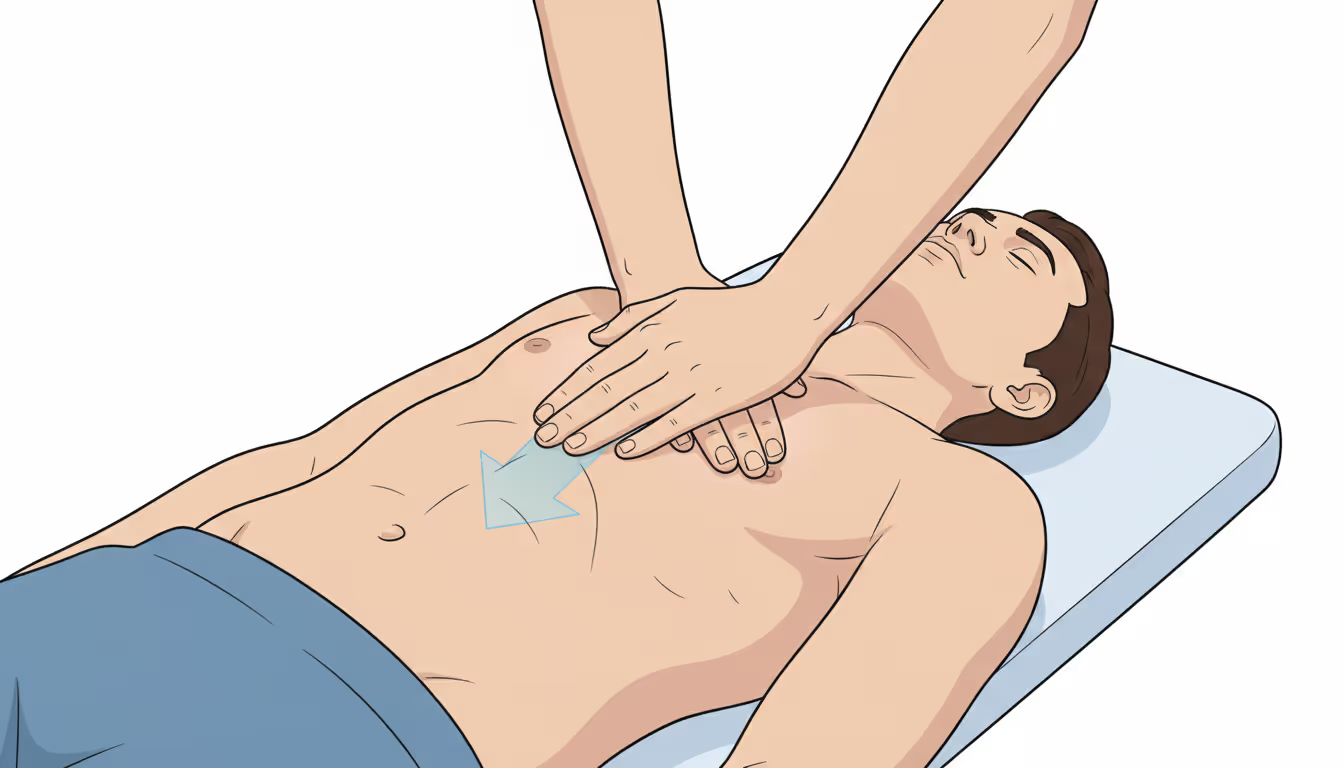
Bipolar disorder, also known as manic-depression, is characterized by fluctuating moods ranging from intense highs to profound lows. This condition, marked by its distinct shifts between these extreme emotions, is a type of depressive illness but is less common than other depressive disorders. Mood changes can sometimes be abrupt and dramatic, though they are usually more gradual. Mania can significantly impact cognitive processes, decision-making, and social interactions, often leading to severe issues and embarrassment, such as poor financial or business choices. Bipolar disorder often persists as a chronic condition with recurring episodes.A less intense form of mania, known as hypomania, can be perceived positively by those experiencing it, as it may enhance productivity and functioning. Consequently, even when loved ones identify potential signs of bipolar disorder, the affected individual might dismiss any concerns. Without appropriate intervention, hypomania can escalate to severe mania or transition into a depressive state.Severe mania or depression episodes may include psychotic symptoms, such as hallucinations or delusions. These symptoms align with the prevailing mood; for instance, during a manic phase, a person might experience grandiose delusions, while depressive episodes might involve delusions of guilt or worthlessness. These psychotic features can sometimes lead to misdiagnosis with other severe mental illnesses. Suicidal tendencies can also occur in individuals with bipolar disorder.With suitable treatment, most individuals with bipolar disorder, even those with severe variants, can achieve significant mood stabilization and symptom management. Given its chronic nature, long-term preventative treatment is recommended. Effective management typically involves a combination of medication and psychosocial therapies. Mood stabilizers are crucial for controlling the disorder, with several types available. Lithium, the first FDA-approved mood stabilizer for mania, is effective in managing both manic and depressive episodes. Other medications like valproate (Depakote), lamotrigine (Lamictal), topiramate (Topamax), and carbamazepine (Tegretol) are also commonly used.In addition to medication, psychosocial treatments, including various forms of psychotherapy, are beneficial for offering support, education, and guidance to both patients and their families. These interventions can enhance mood stability, reduce hospitalizations, and improve overall functioning. Commonly used psychosocial approaches include cognitive behavioral therapy, psychoeducation, and the newer interpersonal and social rhythm therapy.




